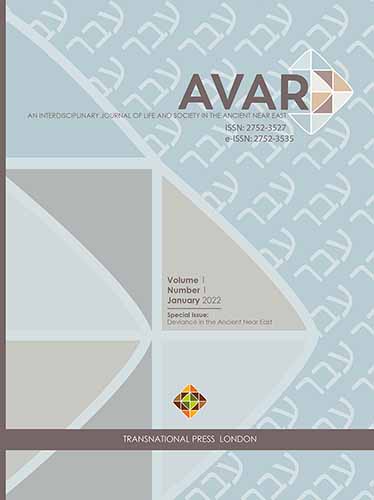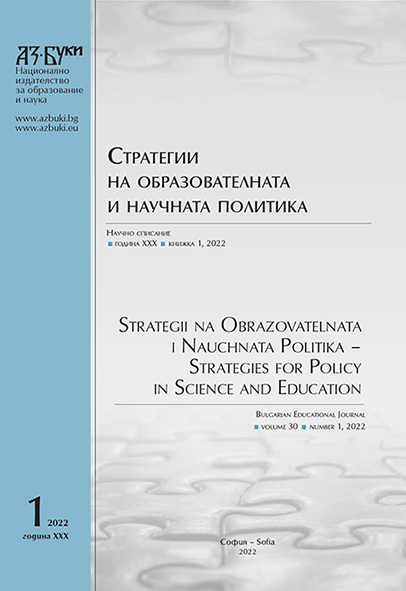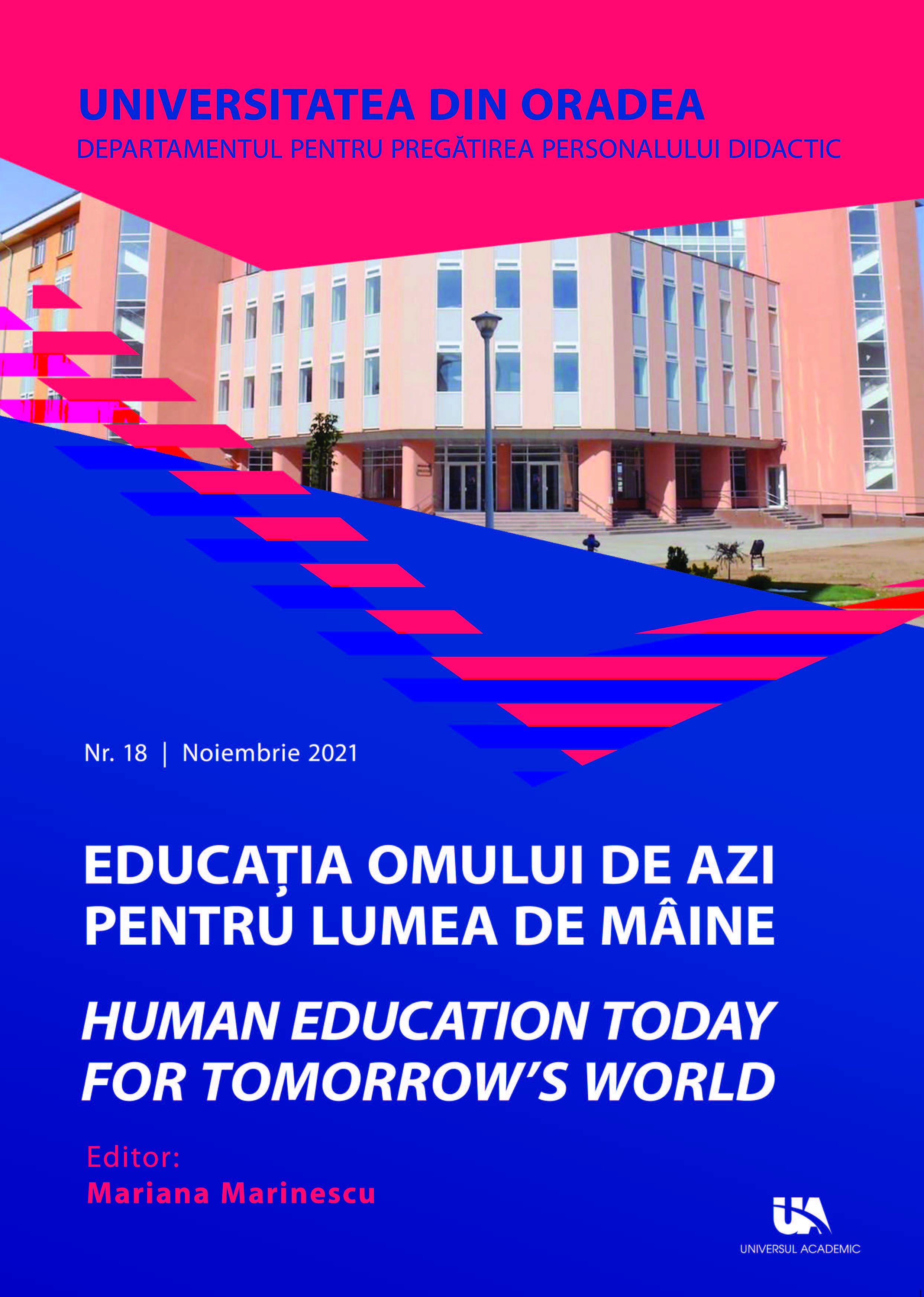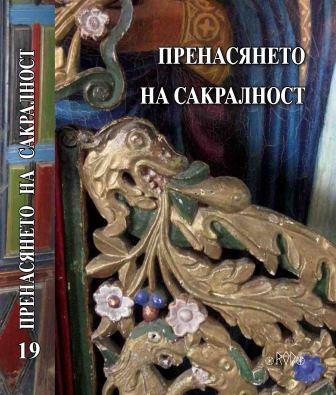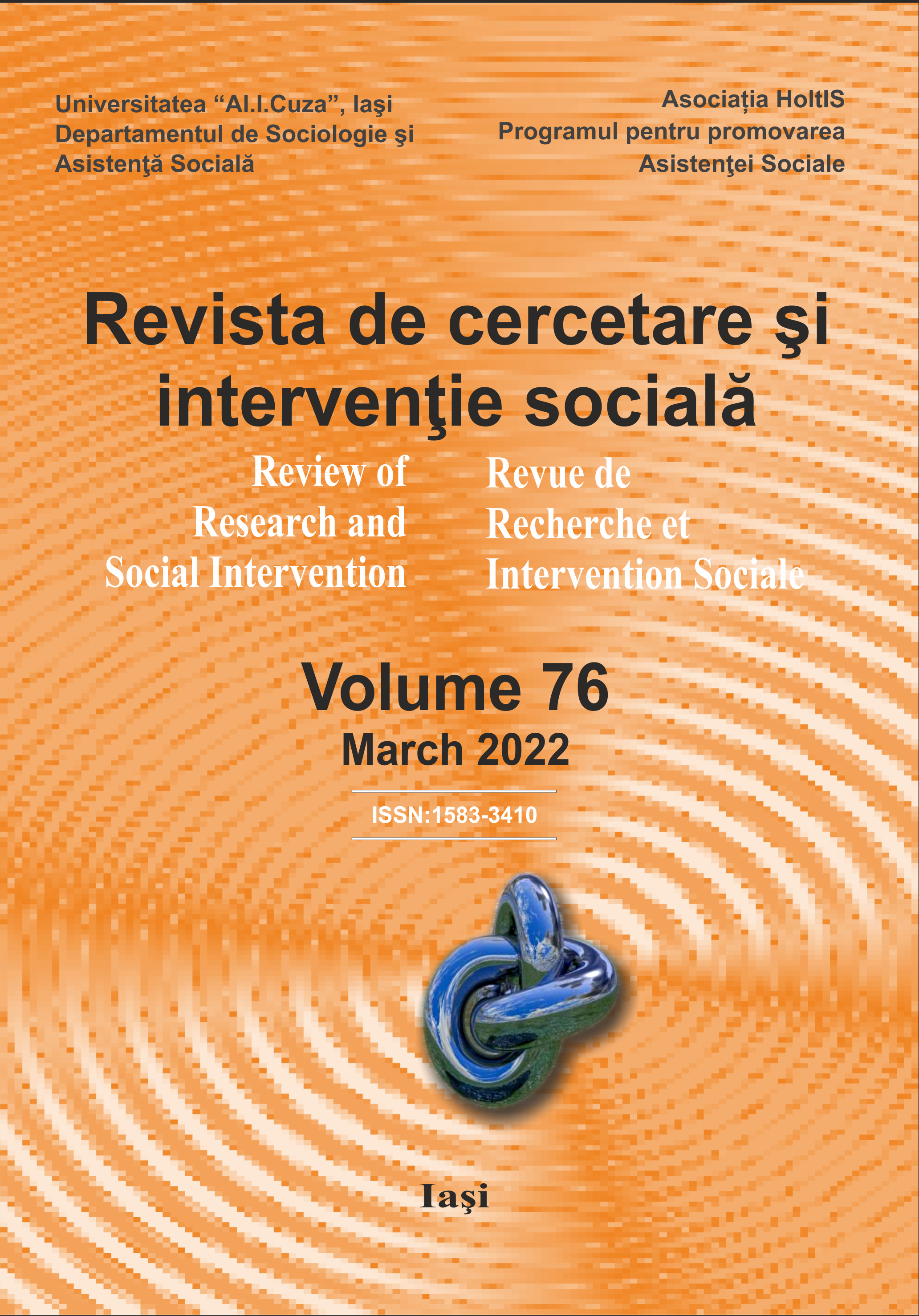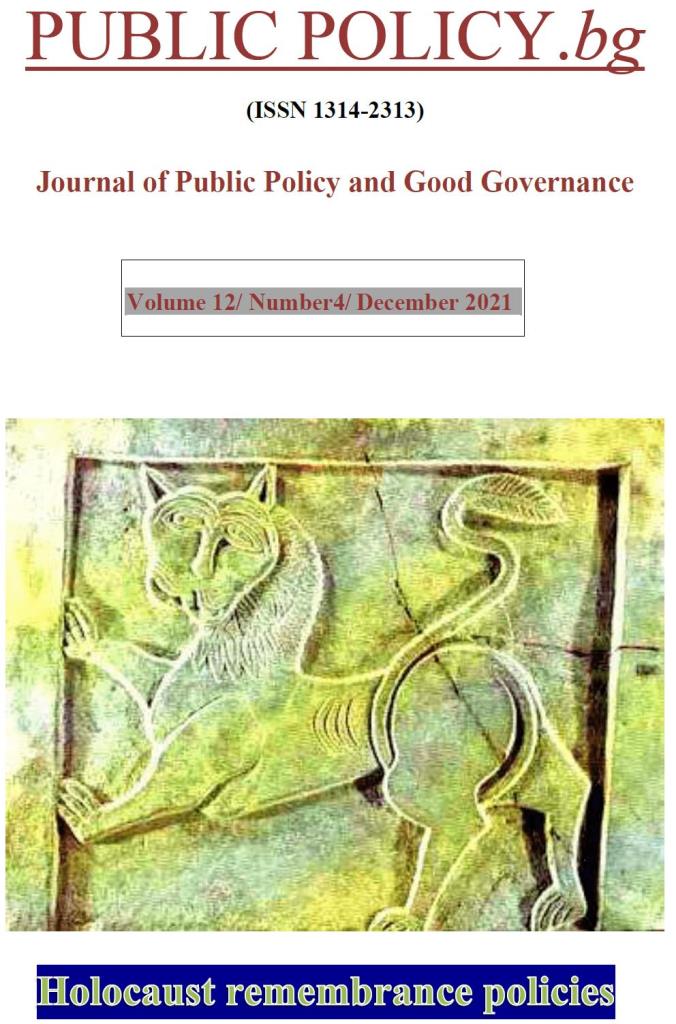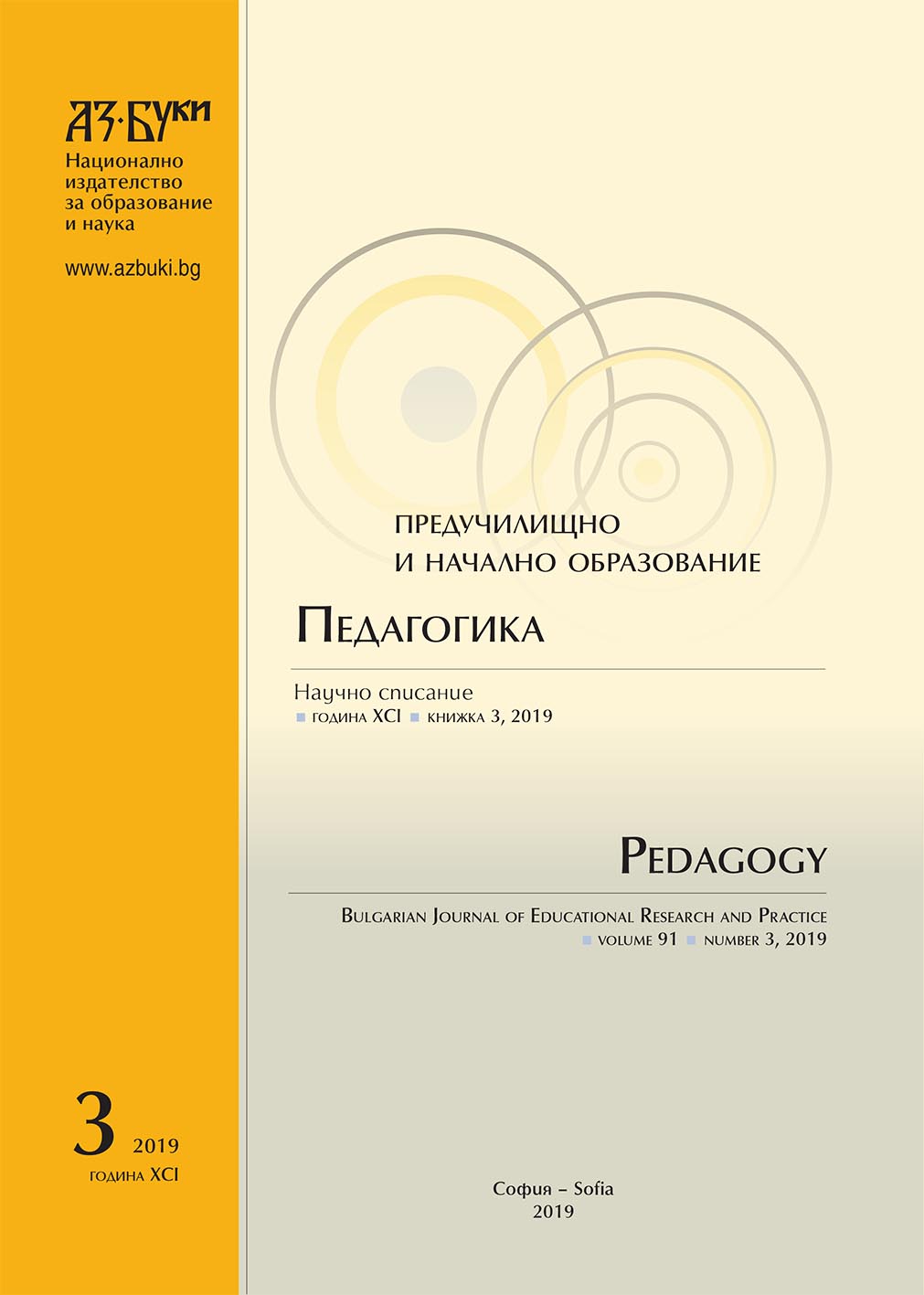
The Effects of Student-Teacher and Student-Student Relationship on School Engagement: an Empirical Research in Bulgaria
School dropout is an important social and economic problem that affects society as a whole and is strongly tied to family psychopathology, individual characteristics and school related factors. Studies show that conflicting teacher-student and student-student relationships are closely related to students’ decision to drop out of school. The aim of this study was to examine the effects of teacher-student and student-student relationships, as perceived by students, on willingness to attend school, academic achievement, and prosocial behaviours. The sample consisted of 152 students (53,3% male and 46,7% female) who are studying in low secondary schools, including Roma schools. Results from statistical analysis support the significance of student-students and student-teacher positive relationship as an important factor for school engagement. In conclusion, supportive and caring teacher-student relationships and conflict free peer relationships are related to increased school engagement, motivation for learning, and academic performance. In contrary, children who experience lower quality relationships with teachers and peers (feel rejected or socially excluded) tend to become dissatisfied with school and are at a higher risk for dropping out.
More...
